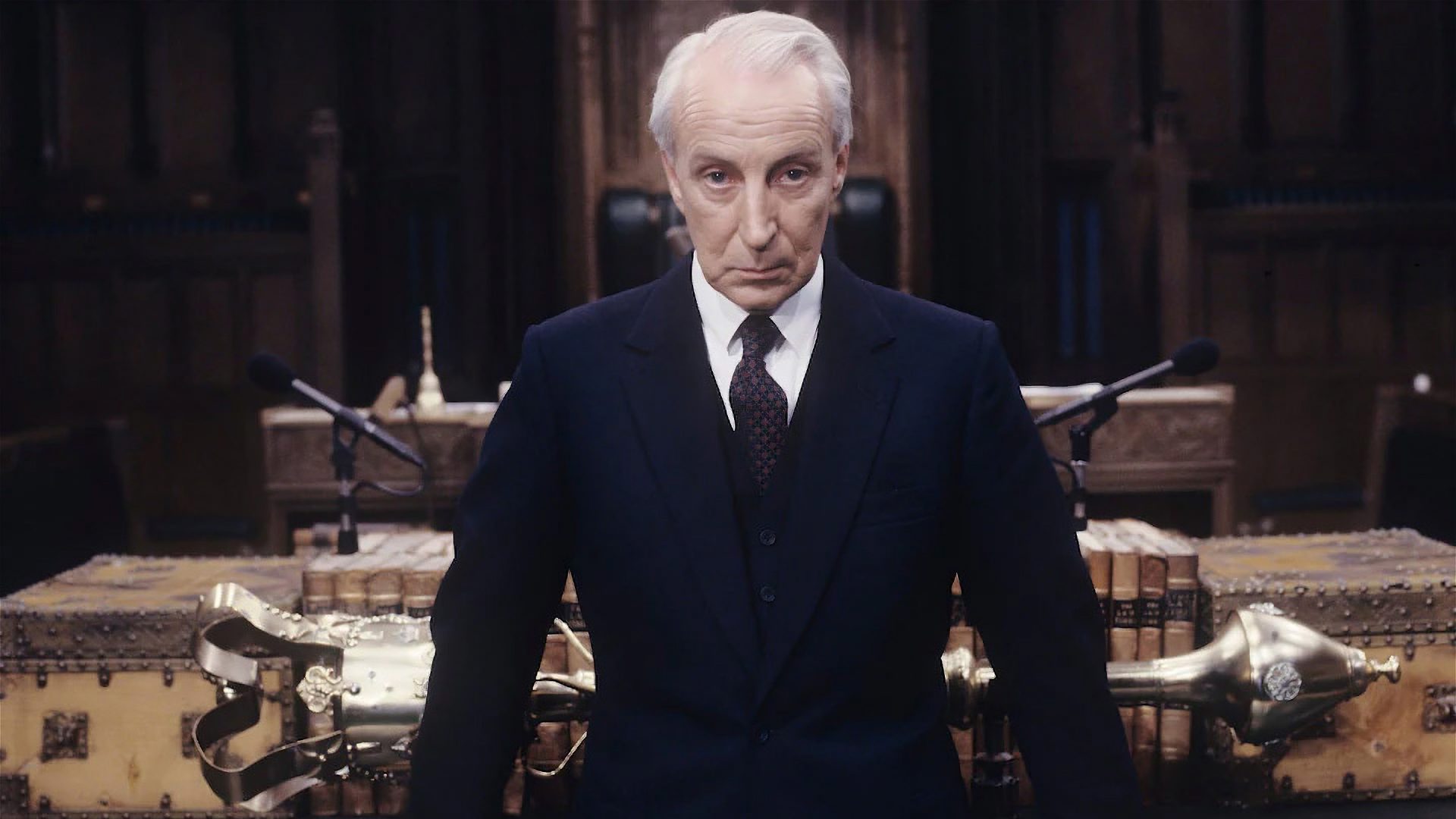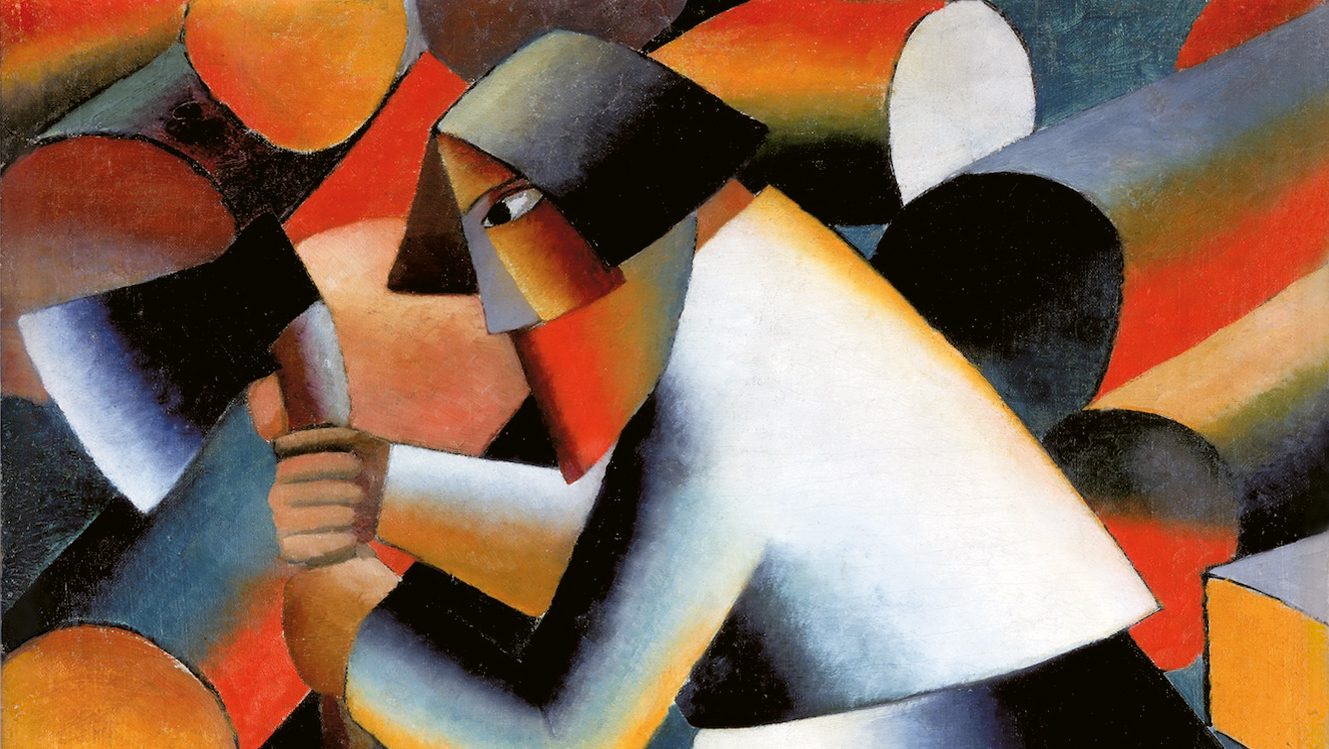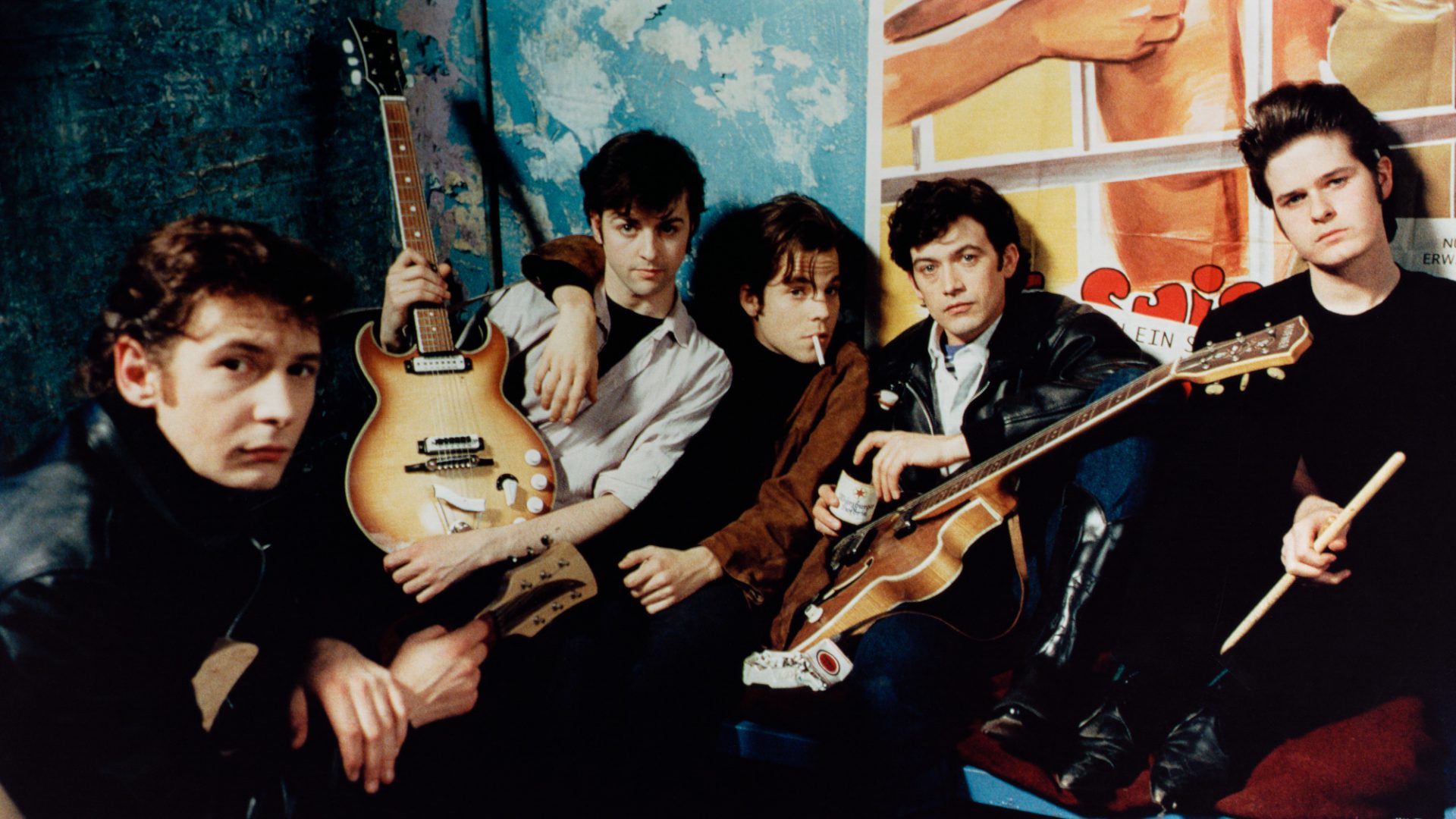“Elections! Elections!” snaps the singing courtesan Saeeda Bai in Vikram Seth’s A Suitable Boy. “Is there nothing else in the world other than paper and boxes?”
It might seem that way right now, but it is a while since the Tories went through that weird phase of calling elections with a whimsical giddiness that left each of us assembling so many polling cards we could have pasted them into an album and traded “swaps”. Since they decided to rotate a succession of simpering inadequates internally through the top job instead, the prospect of an actual election has become a slightly bewildering novelty again.
Drama, suspense, tension, intrigue, a wild mix of personalities, the cut and thrust of debate and smear, candidates principled and self-interested, narcissistic and public-spirited, corrupt and honourable, not to mention a narrative with guaranteed plot twists and surprises: elections have an addictive, page-turning draw that should make them a staple of fiction.
Yet the list of significant, or even half-decent, novels in which elections play a key role is surprisingly short, albeit featuring some brilliant and highly respected authors.
It could be that elections are such a vivid part of the real world they simply don’t translate well into a pretend one. In the same way that sport is rarely adapted successfully into fiction, perhaps there is sufficient drama, structure and narrative in real elections to make convincing fictional ones almost impossible.
Why read about a makey-uppy election when the real thing gives us more than we need? If you wrote a novel in which, say, a prime minister grinned his way through a solemn occasion of international remembrance before sneaking out halfway through, for example, reviewers would rightly tear into your clumsy, over-the-top implausibility.
Maybe it is also asking too much of a reader to care about fictional politics and politicians when we are, whether we like it or not, obliged to care about the real ones. To write convincing electoral fiction an author would need to use the real political parties at least or risk insurmountable inauthenticity, and there sits a bulging can of worms for any author.
So what does work? If writing a novel in which an election plays a key role is a tough task for even the best writers, a sense of the inside track often helps.
An early example of a good novel featuring an election is Coningsby, published in 1844 by Benjamin Disraeli. A successful novelist in his own right away from a political career that saw two spells as prime minister, it was Disraeli’s early forays into the political arena that inspired Coningsby.
Disraeli was elected as the Conservative member for Maidstone in 1837, but four years later felt betrayed when unexpectedly overlooked for a cabinet post by Robert Peel. Disaffected, he was happy to be the focus of a group of emerging Conservatives calling themselves Young England and promising a more nostalgic and aristocratic brand of politics than the middle-class Peel.
Coningsby was written among these developments, a novel whose eponymous hero was based heavily on George Smythe, the leader of Young England, and which describes Harry Coningsby’s election campaign with the kind of vivid realism and contemporary detail that any fictional poll requires.
“The eve of polling-day was now at hand,” wrote Disraeli. “This is the most critical period of an election. All night parties in disguise were perambulating the different wards, watching each other’s tactics; masks, wigs, false noses, gentles in livery coats, men in female attire, a silent carnival of manoeuvre, vigilance, anxiety, and trepidation,” which sounds like exactly the kind of election I could really get behind.
Anthony Trollope, an exceptional novelist and career civil servant, was also well-equipped to produce a good election novel, and he did just that with The Prime Minister, published in 1876. In the penultimate of his six Palliser novels, the wife of Plantagenet Palliser, a Whig PM trying to hold together a feeble coalition, interferes with the conduct of an election in the constituency of Silverbridge, where the two main candidates are both competing for the affections of the Pallisers’ daughter, Edith. A scandal results, making The Prime Minister a rare thing: a winning combination of political intrigue and romance.
More recently, Tory grandee and chokey alumnus Jeffrey Archer’s debut, First Among Equals, published in 1984 but whose events span a period between the mid-1960s and 1991, climaxes with a thrilling general election that somehow finishes in a three-way dead heat. After all possible permutations are exhausted, it leaves a prematurely imagined King Charles III tasked with choosing which party to form a government. The result may surprise you.
Former MP Chris Mullin’s 1982 novel A Very British Coup, meanwhile, looked ahead to a 1989 general election won by a Labour Party led by old-school lefty Harry Perkins, prompting the reaction of the establishment suggested by the title.
House of Cards, meanwhile, published in 1989 and subsequently adapted twice for television, not only uses a general election as the springboard for a trilogy of novels, but also was inspired by events during the actual 1987 UK general election.
Michael Dobbs had been Margaret Thatcher’s chief of staff until his resignation a week before the election, after a stormy meeting in which Thatcher had convinced herself she was going to lose and it was Dobbs’ fault.
“She took out all her pain and anger and frustration on me,” said Dobbs, “when in fact I was perhaps the most innocent person in the room at the time.” He immediately set to work on House of Cards, in which the initials of his protagonist Francis Urquhart were inspired by his attitude to his erstwhile boss.
Away from the wonks with insider knowledge, British elections have been poorly served by novelists, possibly for the reasons outlined above. The rare successes have been satirical takes lampooning the system and its potential for attracting corruption and the corrupt, an approach that transcends political agendas by making all parties and politicians as bad as each other.
Perhaps unsurprisingly, the best 19th-century example is by Charles Dickens in The Pickwick Papers, first serialised in 1836. Dickens created the fictional East Anglian borough of Eatanswill where Mr Pickwick and his companions arrive in the midst of a fiercely fought election battle between Samuel Slumkey, for the Blue party, and Horatio Fitzkin, representing the Buff faction.
Meeting Slumkey’s election agent, Pickwick learns that his equivalent on the Fitzkin side has 30 Fitzkin voters safely out of reach of threat or bribe, locked in a coach house behind a pub.
“They keep ’em locked up there till they want ’em,” he tells Pickwick. “The effect of that is, you see, to prevent our getting at them; and even if we could, it would be of no use, for they keep them very drunk on purpose.”
Written in the aftermath of the passing of the 1832 Reform Act, the Eatanswill section of The Pickwick Papers, teeming with bribery, corruption and general chicanery, was inspired by Dickens’ experience of covering elections as a journalist. What he witnessed did not, it seems, foster much faith in the state of British democracy. Like First Among Equals, the Eatanswill vote finishes in a dead heat, but this election is decided not by royal intervention, rather by some good, old-fashioned financial hugger-mugger.
The satirical approach is best employed by one of our greatest and most underappreciated novelists, PG Wodehouse. Famously apolitical, something that landed him in the soup while interned during the second world war when he accepted an invitation from the Germans to address his fans around the world via some ill-advised radio broadcasts, Wodehouse’s vast output features regular and hilarious skewerings of politics and politicians.
In his short story The Long Arm of Looney Coote, for example, the protagonist, Ukridge, travels to the constituency of Redbridge to lead the campaign for his old chum, Tory candidate Boko Lawlor.
“I don’t know much about politics, it’s true, but I can bone up enough to get by,” says Ukridge. “Invective ought to meet the case, and I’m pretty good at invective. I know the sort of thing. You accuse the rival candidate of every low act under the sun, without giving him quite enough to start a libel action on.”
Elections are key plot devices in two of the Jeeves and Wooster novels, The Code of the Woosters, arguably Wodehouse’s best work, which is saying something, and Much Obliged, Jeeves, in which Ginger Winship stands in a by-election as the Conservative candidate for Market Snodsbury. Both novels feature appearances by Wodehouse’s greatest and most damning political , Roderick Spode, leader of a fascist organisation called the Saviours of Britain, who are known as the Black Shorts due to their distinctive attire, selected because “by the time Spode formed his association there were no shirts left”.
A barely disguised takedown of Oswald Mosley, Spode, whose appearance is “as if Nature had intended to make a gorilla and had changed its mind at the last moment”, has been shipped in to Market Snodsbury to speak in favour of the Tory candidate at the hustings, where he is struck in the eye by a potato hurled from the audience (milkshake emporia were clearly thin on the ground in Market Snodsbury), putting him off public office for life.
In The Code of the Woosters, Spode even provokes Bertie Wooster, a good-natured cove more preoccupied with extricating himself from engagements to unsuitable fiancées than the workings of the world, into a rare outburst.
“The trouble with you, Spode, is that just because you have succeeded in inducing a handful of half-wits to disfigure the London scene by going about in black shorts, you think you’re someone,” he says. “‘You hear them shouting ‘Heil, Spode!’ and you imagine it is the Voice of the People. That is where you make your bloomer. What the Voice of the People is saying is: ‘Look at that frightful ass Spode swanking about in footer bags! Did you ever in your puff see such a perfect perisher?’”
It might be that in these heady campaign weeks, literature is better served as an escape from the general election rather than its complement. If, however, you are champing at the bit for fictional hustings, selecting comic novels by people who either know the scene intimately or who don’t know it at all appears to be the way forward.
Either way you can’t go wrong with Wodehouse, but to be honest that’s something I advise in every situation. Failing that, just shouting “did you ever in your puff see such a perfect perisher?” at the TV screen will probably help a great deal while watching election debates and coverage.




